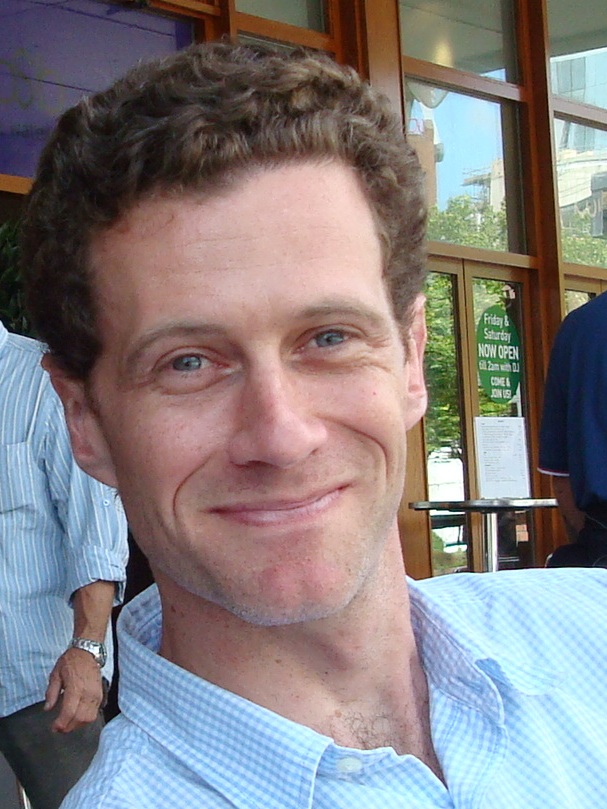I docenti di questa edizione della scuola estiva sono (in ordine alfabetico):
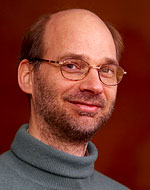 |
Paul Boersma
Phonetic Sciences, University of Amsterdam Spuistraat 210, room 303 - 1012VT Amsterdam, The Netherlands http://www.fon.hum.uva.nl/paul/ |
| Paul Boersma is Professor of Phonetic Sciences at the University of Amsterdam. His research focuses on the development of a computational multi-level model of phonological and phonetic production and comprehension, including their acquisition and evolution across the generations. | |
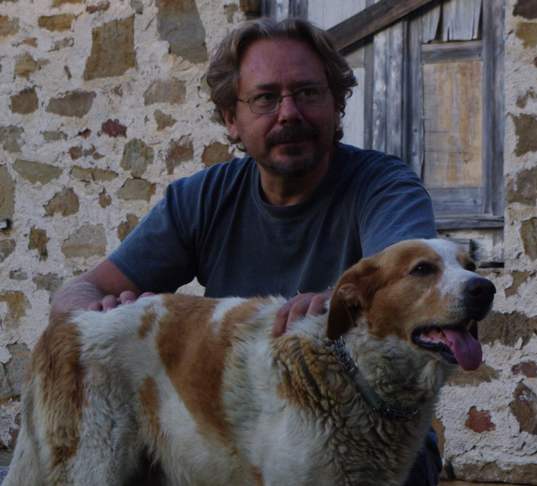 |
Francesco Cutugno LUSI-Lab at Department of Physics - Language Understanding and Speech Inter/Action/Faces University "Federico II", Naples, Italy http://people.na.infn.it/~cutugno |
| Francesco Cutugno is assistant professor at the University 'Federico II' of Naples. He gives classes in Natural Language Processing and in XML native databases theory. His main research interests concern with Speech technologies and Information Retrieval in Spoken Language Corpora. In the last decade he directed (in cooperation with other researchers) the operations of collection and management of two among the largest speech corpora ever collected for Italian, CLIPS (1) and Speecon (2). He published several papers on Speech Corpora data modelling and querying. Recently, in collaboration with other authors, he developed SpLaSH (3) a software for searching and querying in speech databases containing both time aligned and text aligned linguistic annotations. (1) http://www.clips.unina.it (2) http://www.speechdat.org/speecon/index.html (3) http://s2snaples.fisica.unina.it/splash |
|
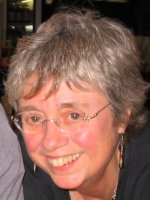 |
Sarah Hawkins Faculty of Music, University of Cambridge 11 West Road - Cambridge CB3 9DP http://www.mus.cam.ac.uk/~sh110/ |
| Sarah Hawkins is Director of Research in Speech and Music Science in the Centre for Music and Science, University of Cambridge. She has broad interests in how humans communicate using sound-based systems. Her particular specialism is in the acoustics and perception of speech. Her early research was on timing and rhythm in children's speech, at the Universities of Cambridge (UK) and North Carolina (USA). Subsequently, at MIT, Haskins Labs, and then Cambridge again, she explored subtle differences in acoustic-phonetic patterns that systematically reflect distinctions in linguistic structure, and of how listeners use these subtle cues to understand natural and synthetic speech (Roles and representations of systematic fine phonetic detail in speech understanding, *Journal of Phonetics*, 31, (2003) 373-405, and 32 (2004) 141). She held a Leverhulme Major Research Fellowship http://www.leverhulme.ac.uk/ (2003-2006), *The development of a phonetically-rich model of speech understanding*, which extended the neuropsychological and computational directions of her work on multi-modal representation of speech and meaning in memory (Phonological features, auditory objects, and illusions, *Journal of Phonetics*, 38, (2010), 60-89). She coordinated Sound to Sense (S2S) http://www.sound2sense.eu/, an EC Marie Curie Research Training Network 2007-11. She is a Fellow of the Acoustical Society of America http://asa.aip.org/ and has a number of national and international collaborations and service positions. |
|
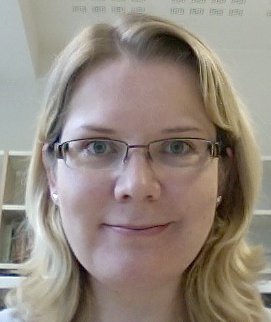 |
Mietta Lennes Department of Modern Languages, University of Helsinki, Finland http://www.helsinki.fi/~lennes |
| Mietta Lennes has more than ten years of experience in phonetic research, and phonetic methodology is one of her specialties. She has worked in several research projects where she has been responsible for the collection, annotation and analysis of large speech corpora. She has also taught in a number of Finnish and international courses in phonetic methods. Mietta is known for her collection of Praat scripts that are freely available on the web. | |
|
|
Sven Mattys School of Experimental Psychology, University of Bristol 12A Priory Road - Bristol BS8 1TU, UK http://psychology.psy.bris.ac.uk/people/svenmattys.htm |
| Sven Mattys is a Professor of Psychology of Language in the School of Experimental Psychology at the University of Bristol, UK. He obtained his PhD in Psychology from the State University of New York, Stony Brook, in 1997, and did post-doctoral research at the Johns Hopkins University, Baltimore, at and the House Ear Institute, Los Angeles. His research focuses on the perceptual and cognitive mechanisms underlying speech recognition by humans. | |
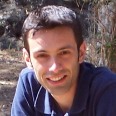 |
Vincenzo Galatà IRAT & ISTC --- CNR - National Research Council Via Martiri della Libertà, 2 - 35137 Padova, IT |
| Vincenzo Galatà is currently Research Associate at the Institute of Cognitive Sciences and Technologies (ISTC), National Research Council (CNR). His present research interests are focused on the collection and acoustic analysis of non-words speech samples of Italian infants and foreign preschool learners of Italian as L2, in order to assess their ability to produce and decode the L2 phonetic/phonological consonantal system. In 2010 he received his PhD in “Psychology of Programming and Artificial Intelligence” with a dissertation concerning the production and perception of vocal emotions in a European cross-linguistic study. | |
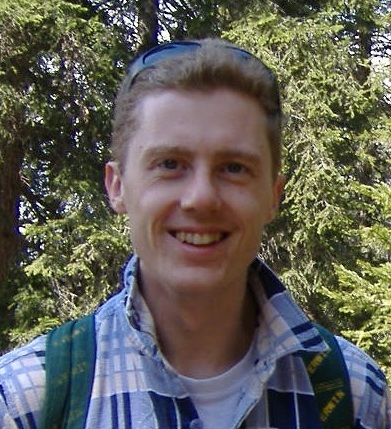 |
Michele Gubian Centre for Language and Speech Technology Radboud University Nijmegen, The Netherlands http://lands.let.ru.nl/FDA |
| Michele Gubian (Master's in Telecommunication Engineering in 2004, PhD in machine learning in 2008) has join the Marie Curie Research Training Network Sound2Sense as a post-doctoral fellow since 2008. His main task is to develop tools for data-driven phonetic research. He proposed the use of Functional Data Analysis (FDA) to tackle problems in prosody and phonetics where F0 or intensity contours have to be analysed. His contribution consists in adapting FDA to the specific needs of speech analysis as well as to make FDA accessible for scientists with limited mathematical skills and expertise. |
|
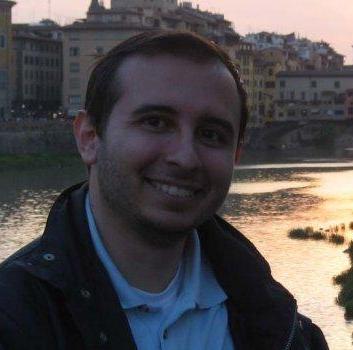 |
Antonio Origlia LUISI-Lab Dept. of Physics, University of Naples "Federico II", Italy |
| Antonio Origlia obtained his master degree in Computer Science in 2009 and he currently is a PhD student at the Dept. of Physics in the University of Naples "Federico II". His main interest is prosodic analysis aimed at the recognition of emotional traits in the human voice. Applications of this kind of information in a developmental robotics framework are also part of his interest area. He will provide support to the teachers during PRAAT and Matlab practice sessions. | |



